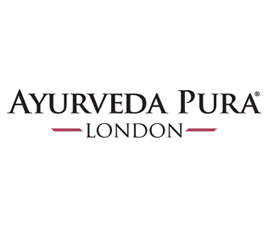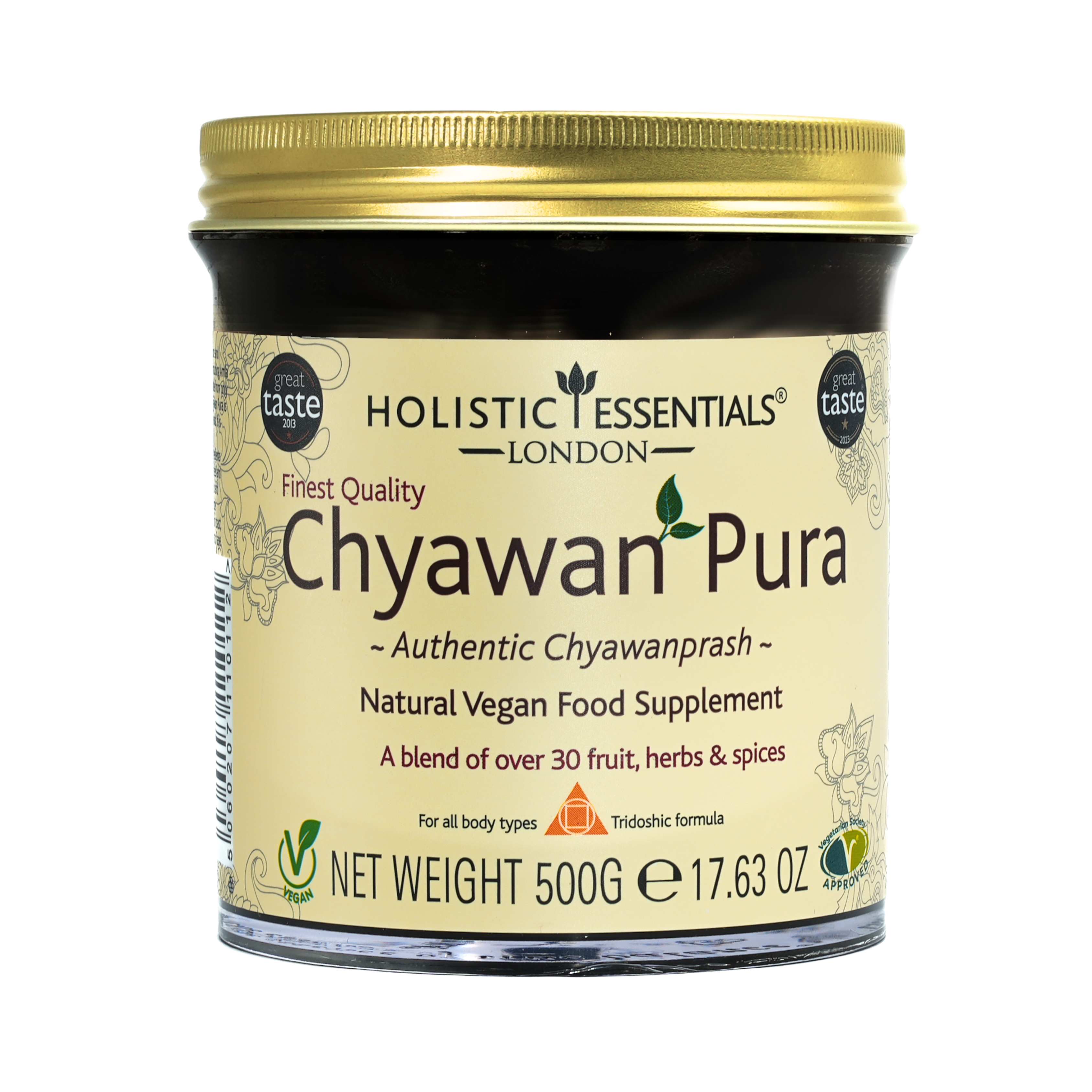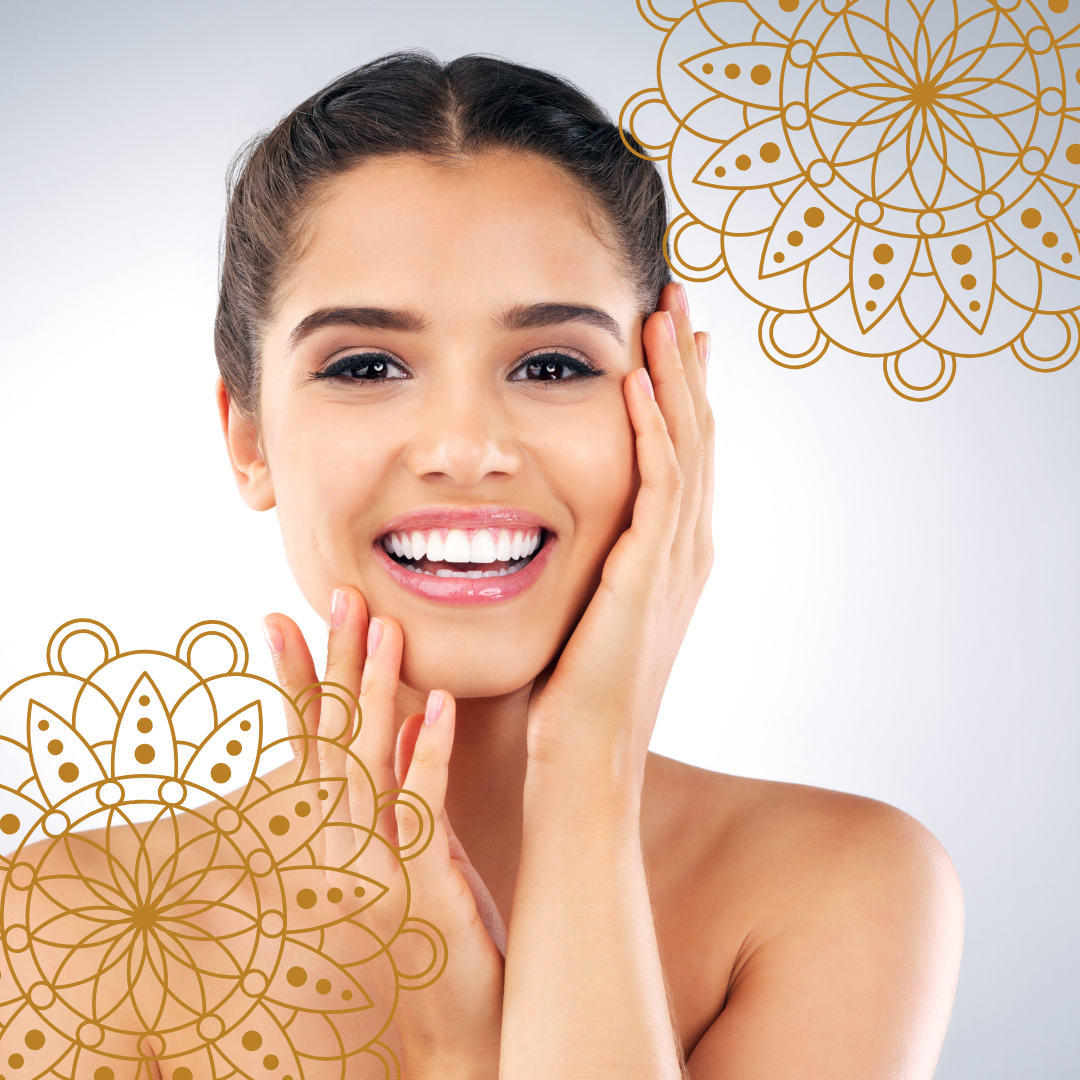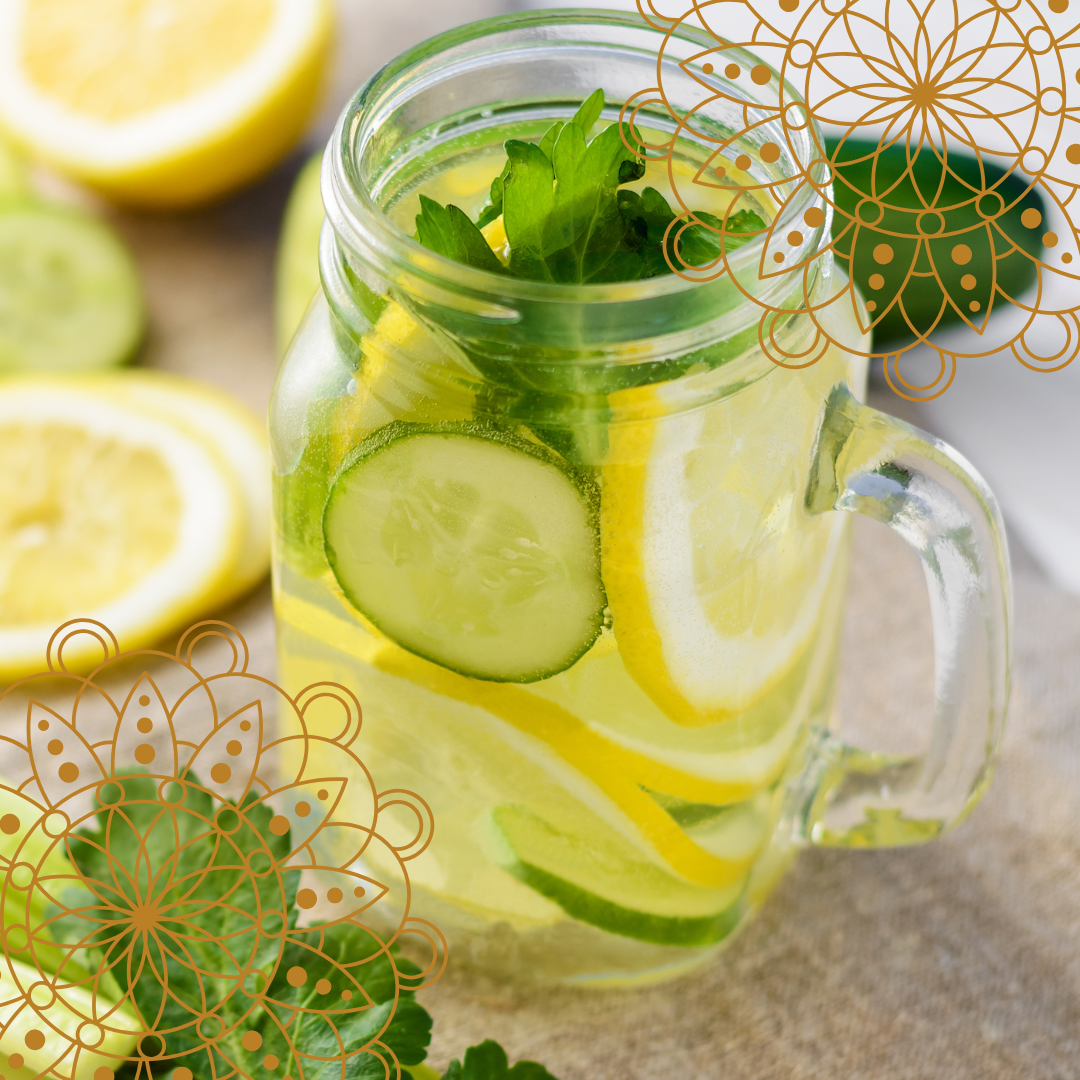Skin Disorders: An Ayurvedic Perspective

Dr Deepa Apté
Everyone wants to have a beautiful skin. But unfortunately several people suffer from different skin disorders. The most common of these are acne, eczema, psoriasis etc
According to Ayurveda all the three Doshas (Vata, Pitta, Kapha) are involved either solely or in combination in different conditions. The Dhatus (tissues) that are involved are Rasa (plasma) Rakta (blood), Lasika (lymph) and Mamsa (muscle). As the disease progresses more tissues or Dhatus may get involved.
Causes:
Ayurveda talks about various causes of skin diseases. Some of them are listed below:
- Intake of food articles of opposing qualities. Eg yoghurt and fruit, dairy products and sour fruits
- Suppressing any natural urges.
- Physical exercises after a heavy meal
- Travelling or going out in sun after a heavy meal
- Excessive intake of food articles like yoghurt, slat fish, sour foods etc
- Improper application and administration of Panchakarma (Ayurvedic detoxification).
- Receiving massages and oil therapy while Ama is still present in the body.
Ayurveda has systematically described and categorised skin disorders as follows:
- Maha Kusthas: Major skin disorders. These are seven in number.
- Kshudra Kusthas: Minor skin disorders which are eleven in total.
- The above division is based on the pre-monitory symptoms, main symptoms and signs, appearances and progress of the skin disorder. The division is also based on various surgical or medical therapies given.
Dosha involvement:
The skin conditions are also divided based on the Doshas involved and the signs and symptoms vary accordingly.
- Vata disorders: The condition may be accompanied by black/brown discolouration, dryness of skin, rough texture, pricking pr piercing pain, stiffnes of the local area, numbness, fissures, cracks, nervous involvement etc.
- Pitta disorders: The condition may be accompanied by coppery or bright red discolouration, burning sensation, sweating, pus formation, oozing of liquid, fever, inflammation, ulceration etc.
- Kapha disorders: The condition may be accompanied by pale of white discolouration, swelling, fluid retention, itching, oiliness, heaviness etc
Acne vulgaris:
Acne is caused due to an imbalance of Pitta and Kapha Doshas. The tissues involved are skin, blood, sweat and fat.
Ayurvedic remedies for acne:
- Follow a detox to remove Ama from the body.
- Follow a Pitta-Kapha pacifying diet
- Avoid excess of sour, spicy and salty foods
- Favour tastes like mild sweet, bitter and astringent.
- Take aloe vera juice three times a day.
- Helpful herbs are Triphala, Neem, Manjistha, Shatavari, Turmeric.
- External application of paste with sandalwood and rose helps to reduce acne to a great extent.
- Useful yoga positions are Lion pose for the face.
- Moon salutation help to pacify Pitta in the body
- Breathing exercises like Shitali and Shitkari Pranayama are also very beneficial.
- Regular massage of the face with some Pitta reducing oil followed by steaming of the face also helps to control acne formation.
Leucoderma
Leucoderma is a skin condition where by melanin pigment is either destructed or impaired. There is pigmentation of the skin which gradually spreads to different areas.
According to Ayurveda leucoderma is categorised based on the Dosha dominance.
Symptoms:
- Vata dominant: skin is dry with light brown pigmentation.
- Pitta dominant: skin shows copper discolouration with burning sensation and the hair follicles may be affected.
- Kapha dominant: this usually shows as whitish discolouration of skin with thick skin and itching.
Ayurvedic remedies:
- Presence of Ama has to be established and treated.
- Panchakarma is indicated in such conditions. Elimination therapies are very useful. Panchakarma therapies are administered based on the Doshas involved.
- Panchatikta Ghrta (Clarified butter with five bitter herbs) is also useful in this condition.
- Specific herbs used in this condition are Bakuchi (Psoralia corylifolia), Kakodumbara (Ficus hispida), Neem, Manjistha (Rubia cordifolia), Turmeric, Triphala.
- Diet and Nutrition should be followed based on the Dosha involved.
Psoriasis:
Psoriasis is a skin condition caused due to increased proliferation of epidermis and constant shedding of dead skins. The skin is covered with silvery scales.
According to Ayurveda there is an involvement of all three Doshas (Vata, Pitta ad Kapha). The Dhatus or tissues involved are skin, blood, muscle, lymph, and later bone. Ama plays a big role in its pathogenesis.
Symptoms:
- Vata dominant: skin is dry with excessive scaling. The spread is irregular, quick and is aggravated with Vata increasing conditions like stress, irregular sleep and lifestyle
- Pitta dominant: skin shows copper discolouration with burning sensation and the hair follicles may be affected. This is accompanied with bleeding and pustule formation.
- Kapha dominant: this usually shows as whitish discolouration of skin with thick skin and itching. The lesions spread slowly.
Ayurvedic remedies:
- The treatment commences with elimination of Ama and stimulation and strengthening of digestive fire.
- This is followed by elimination therapies (Panchakarma). This involves internal and external oleation. For internal oleation Panchatikta Ghrita is used. Oil used for external oleation depends on the Dosha involved.
- Herbs useful during the treatment of psoriasis are Manjistha, Guduchi (Tinospora cordifolia), Gotu kola, Guggulu, Bhumyamalaki (Phyllanthus niruri).
- External application of Jatyadi oil (jasmine oil) helps with the lesions. Paste of jasmine flowers also has the same effect.
Eczema
Eczema which is also called dermatitis affects all ages. There are various forms of dermatitis for example atopic eczema, contact dermatitis, infantile eczema adult eczema etc.
Symptoms:
Ayurveda again classifies this condition as follows:
- Vata related eczema: accompanied with fissures, cracks, pain, dryness, scaling and aggravated with stress related conditions.
- Pitta related eczema: accompanied with redness, burning sensation, pustule formation, inflammation, fever and aggravated with heat related conditions.
- Kapha related eczema: accompanied with itching, swelling, fluid secretion.
Ayurvedic remedies:
- This condition is treated with administration of Panchakarma which again involves external and internal oleation which is followed by elimination therapies
- Useful herbs in eczematic condtions are Khadira (cacia catechu), Guduci, Turmeric, Neem, Manjistha, Bhumyamalaki.
- Neem paste and jasmine flower paste or oil is used for external application.
It is strongly recommended that you consult a qualified Ayurvedic practitioner before starting any detoxification process to eliminate Ama or taking Ayurvedic herbs for skin disroders. The treatment protocol may change based on a person's body constitution and disease.






